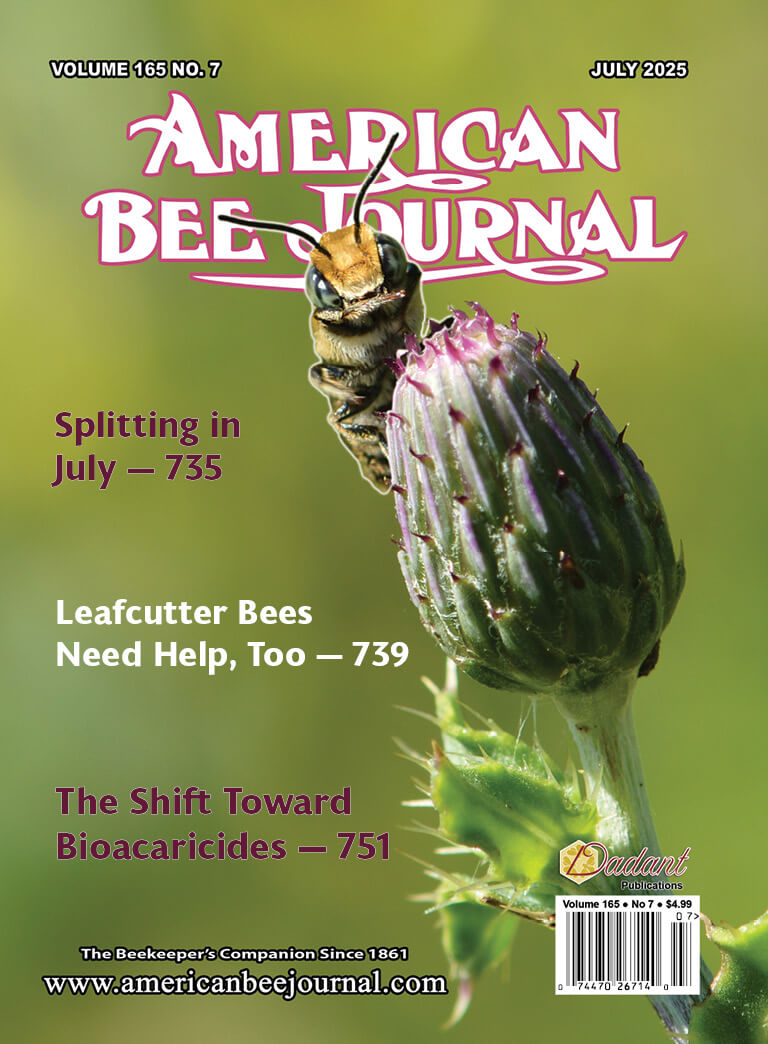Readers, the following saga is an amalgamation of my own colony split experiences and those of others whose stories I was told. Actually, I have never had a bad experience when buying splits from other beekeepers, but unlike purchasing packages, buying and initiating colony splits is not an exact procedure. I suppose that, at this point, I should say that the names have been changed to protect the innocent.
Okay, so I’m a new beekeeper
Okay, pretend I’m a new beekeeper — lots of energy and enthusiasm, but not much experience. From a local beekeeper meeting, I have found a reputable beekeeper who is willing to sell me three splits (nucleus hives) from his colonies. He wants $2001 per split. At first that sounded like a lot, but when I consider the current cost of a 3# package plus shipping (around $150), I suppose the price is pretty much in line.
Roughly, the splits would be two frames of honey and pollen and two frames of both uncapped and capped brood and adult bees to cover; plus, another 1 to 1 ½ pounds of bees that he would shake into the splits headed by a new queen. He said that I could help with the split procedure so I could see what I was getting for my money, but I can’t take time from my job to be there. I will pick them up when he calls me — probably within a couple of weeks. He has another fulltime job also. So now I wait.
Other beekeepers have told me that I should be assembling equipment and preparing for the bees’ arrival. I have assembled one complete hive for each of my three future splits. Others have told me that I should prepare yet a second deep to put on in late spring. I may or may not need this, but it’s better to be prepared. Overall, I feel that I am in pretty good shape. Like expectant parents, I continue to wait.
While shopping at the grocery …
While grocery shopping, I run into another fellow whom I have seen at one of the three bee meetings I have already attended. We speak and I tell him of my pending purchase of three 4-frame splits within a few weeks. He asks if I shopped around before making the agreement. No, I did not. I was happy to just to find one person who would sell to me. (Am I doing this right?) He asks if I know anything about the seller’s disease history. Nope, I didn’t know I should have asked about that.
At this point, who should I ask? I begin to feel my sense of preparedness slipping away. Maybe the state apiarist should be contacted.2 I will need to get his number from my local extension office contact. (This is turning into a headache — but I really want the splits.) I then decide to cut the confusion and phone my seller with the question …


